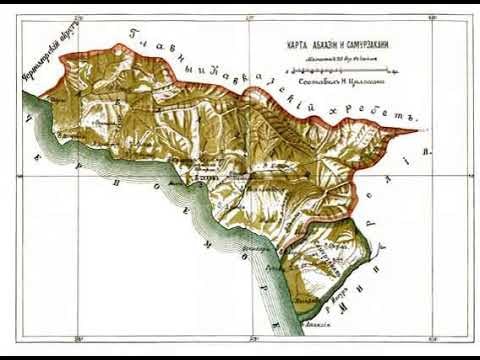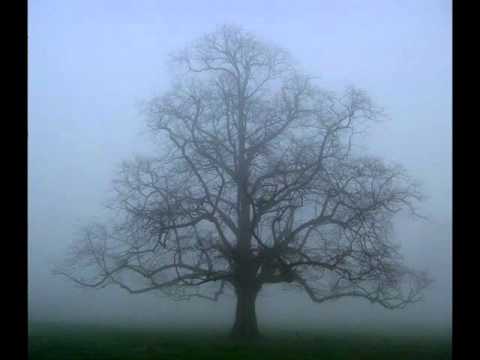Mingrelian language | Wikipedia audio article
This is an audio version of the Wikipedia Article: Mingrelian language 00:00:33 1 Distribution and status 00:01:48 2 History 00:03:43 3 Phonology 00:03:52 3.1 Vowels 00:04:12 3.2 Consonants 00:04:28 3.3 Phonetic processes 00:04:36 3.3.1 Vowel reduction 00:05:00 3.3.2 Pre-consonant change of velar ig/i 00:05:12 3.3.3 Positional change of uvular iq'/i sound 00:05:30 3.3.4 Regressive assimilation of consonants 00:05:53 3.3.5 Progressive dissimilation 00:06:37 3.3.6 The transformation of il/i 00:06:57 3.3.7 Intervocalic deletion of iv/i 00:07:21 3.3.8 Phonetic augmentation in/i 00:07:37 4 Alphabet 00:07:49 5 Grammar 00:07:58 6 Dialects 00:08:23 7 Famous speakers Listening is a more natural way of learning, when compared to reading. Written language only began at around 3200 BC, but spoken language has existed long ago. Learning by listening is a great way to: - increases imagination and understanding - improves your listening skills - improves your own spoken accent - learn while on the move - reduce eye strain Now learn the vast amount of general knowledge available on Wikipedia through audio (audio article). You could even learn subconsciously by playing the audio while you are sleeping! If you are planning to listen a lot, you could try using a bone conduction headphone, or a standard speaker instead of an earphone. You can find other Wikipedia audio articles too at: / @wikipediatts983 You can upload your own Wikipedia articles through: https://github.com/nodef/wikipedia-tts "The only true wisdom is in knowing you know nothing." - Socrates SUMMARY ======= Mingrelian or Megrelian (მარგალური ნინა margaluri nina) is a Kartvelian language spoken in Western Georgia (regions of Samegrelo and Abkhazia), primarily by Mingrelians. The language was also called Iverian (Georgian iveriuli ena) in the early 20th century. Since Mingrelian has historically been only a regional language within boundaries of both historical Georgian states and modern Georgia, the number of younger people speaking it has decreased substantially, with UNESCO designating it as a "definitely endangered language".

მსგავსი ვიდეოები

Samurzakano | Wikipedia audio article
wikipedia tts

Samegrelo-Zemo Svaneti | Wikipedia audio article
wikipedia tts

Mingrelian Wikipedia - მეგრული ვიკიპედია
KolkhiTV

Zugdidi
all the knowledge of the universe PRINCIPIA

Save Megrelian language - მარგალურ ნინა - მეგრული ენა
Machirkhol

Mingrelian folk song. 1982
Shan Mshan

Brad Pitt 2018 Mingrelian Song
IRAKLI GIGAVA

megrelian folk song ''va giorqo ma'' (megrelian language) ვ...
kartvelian world